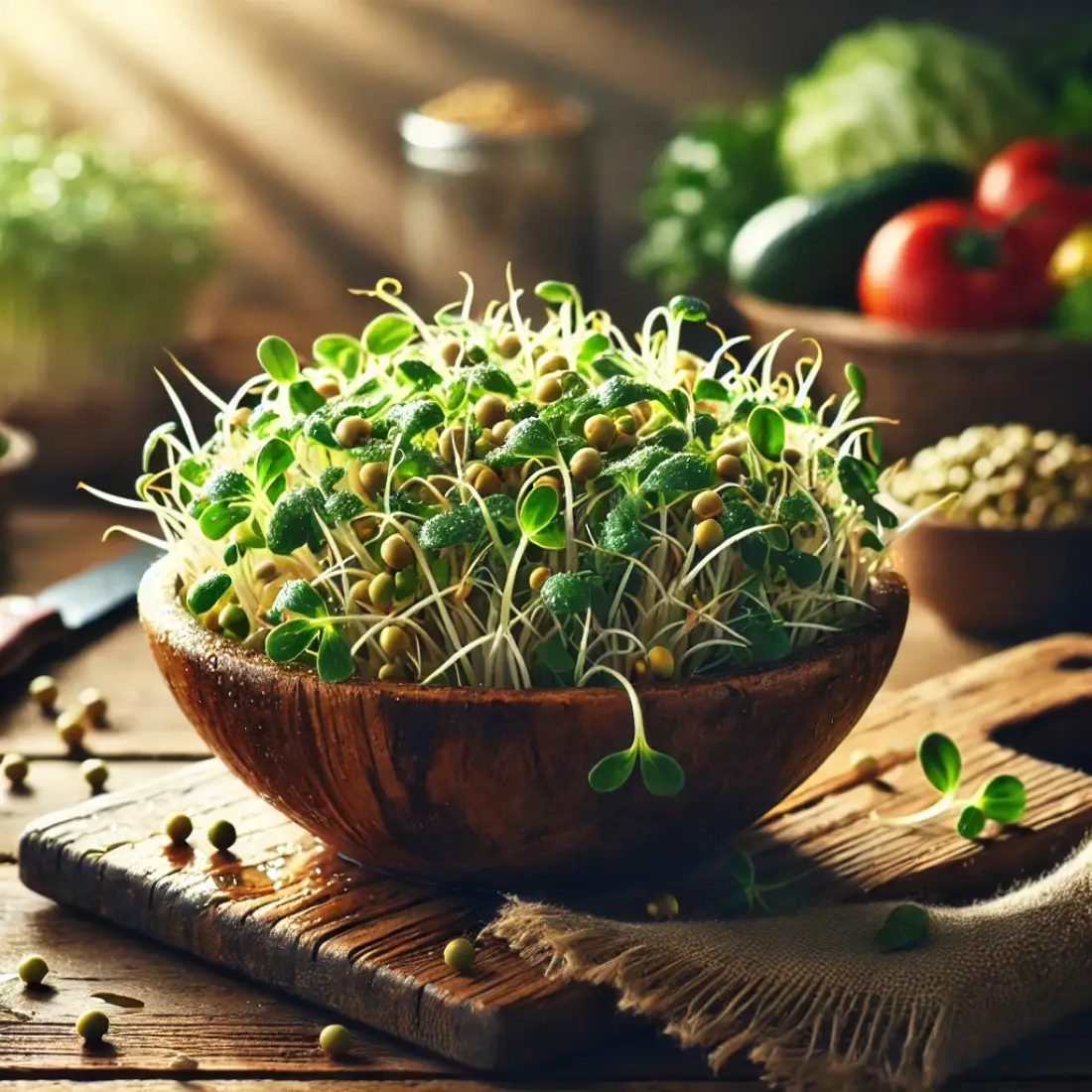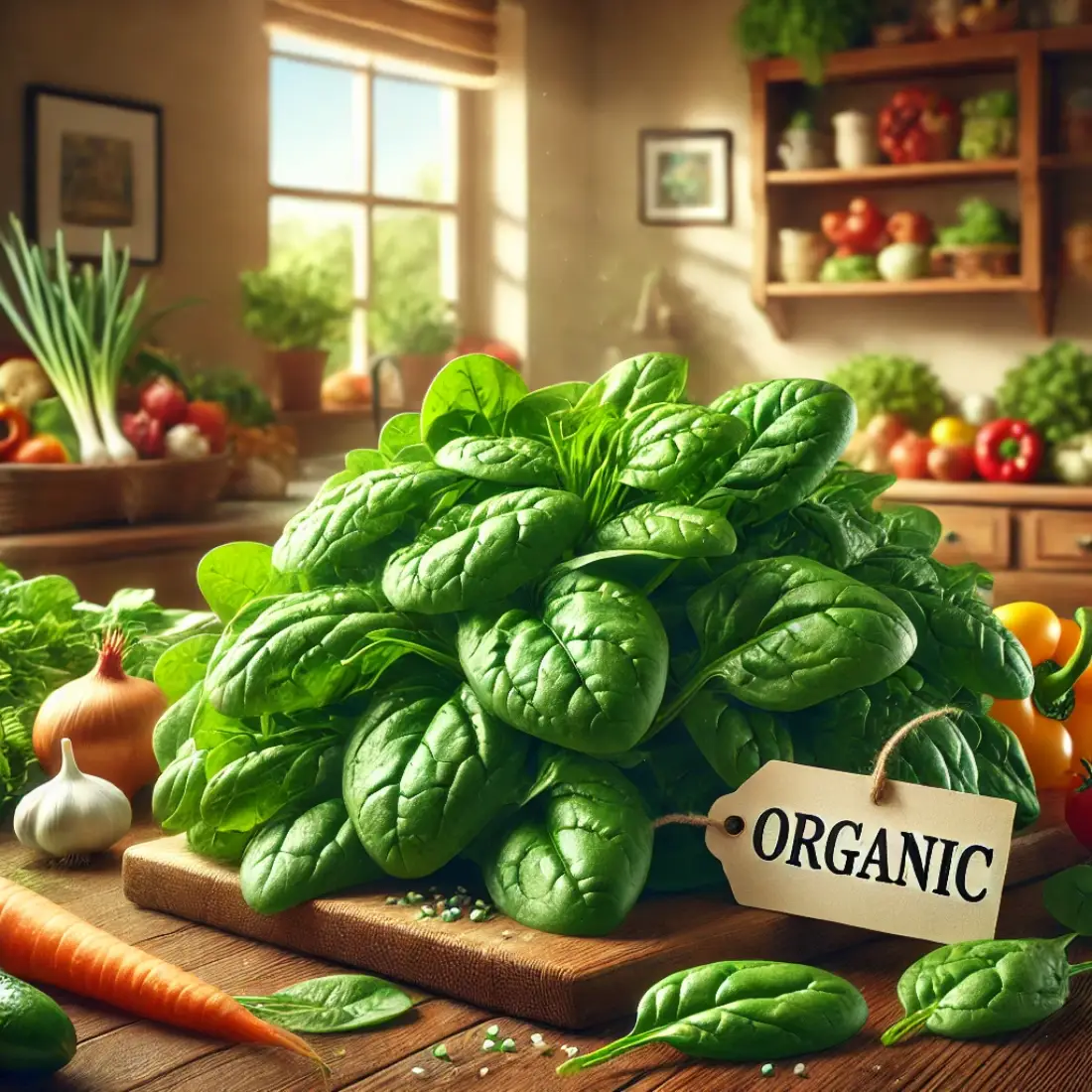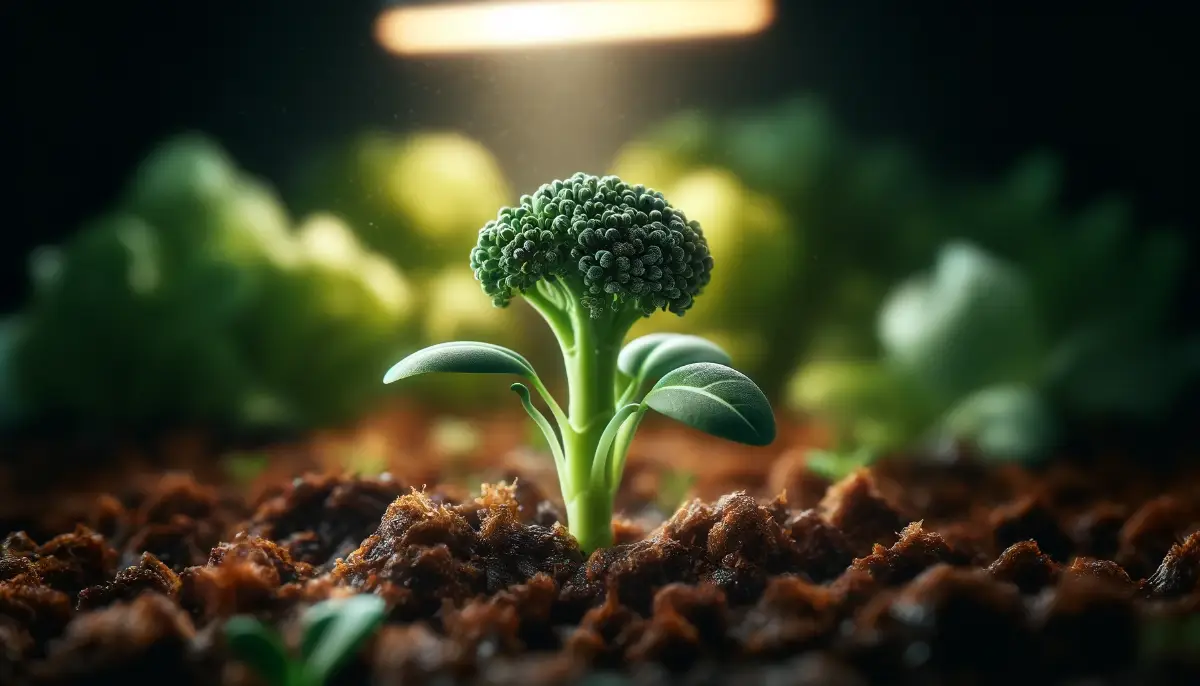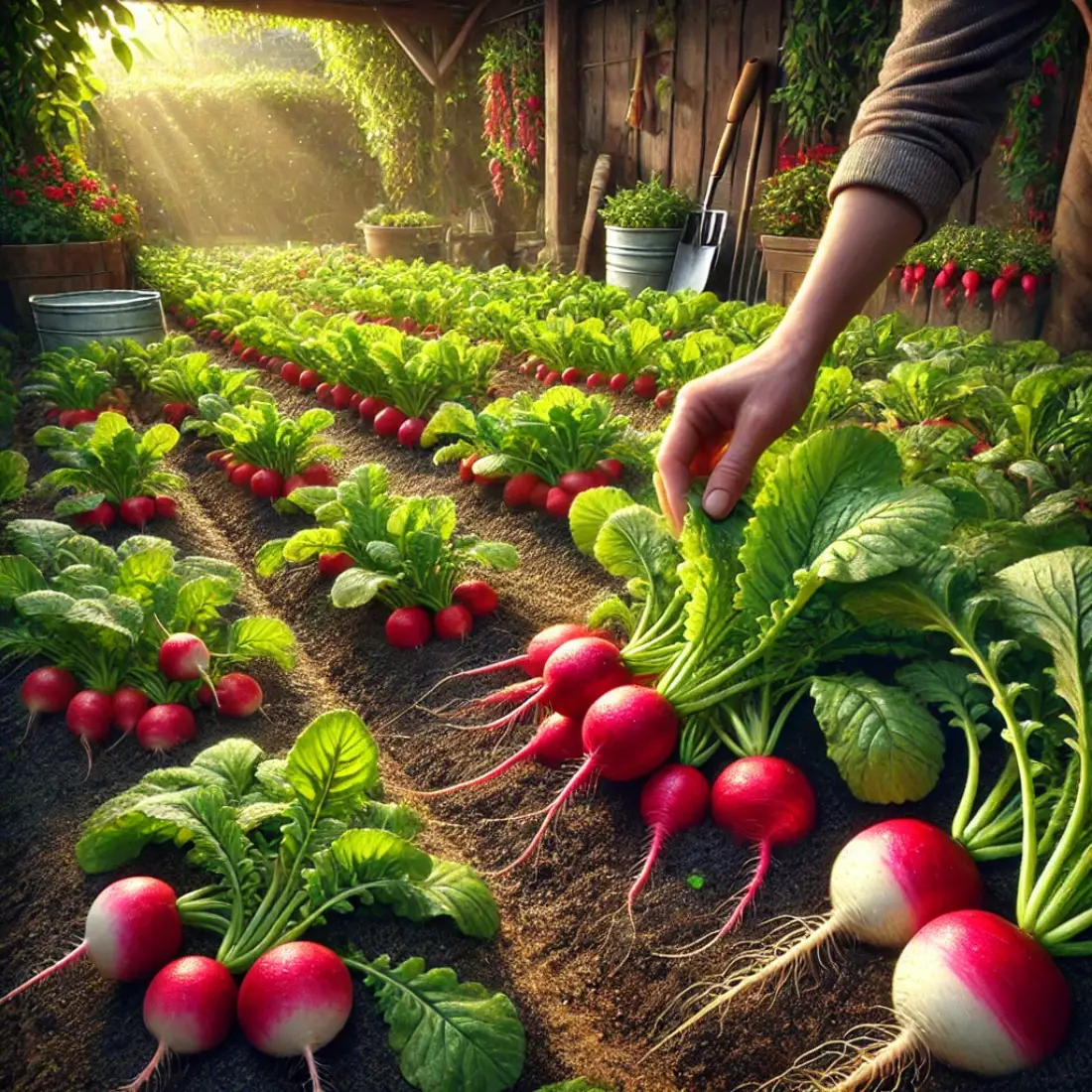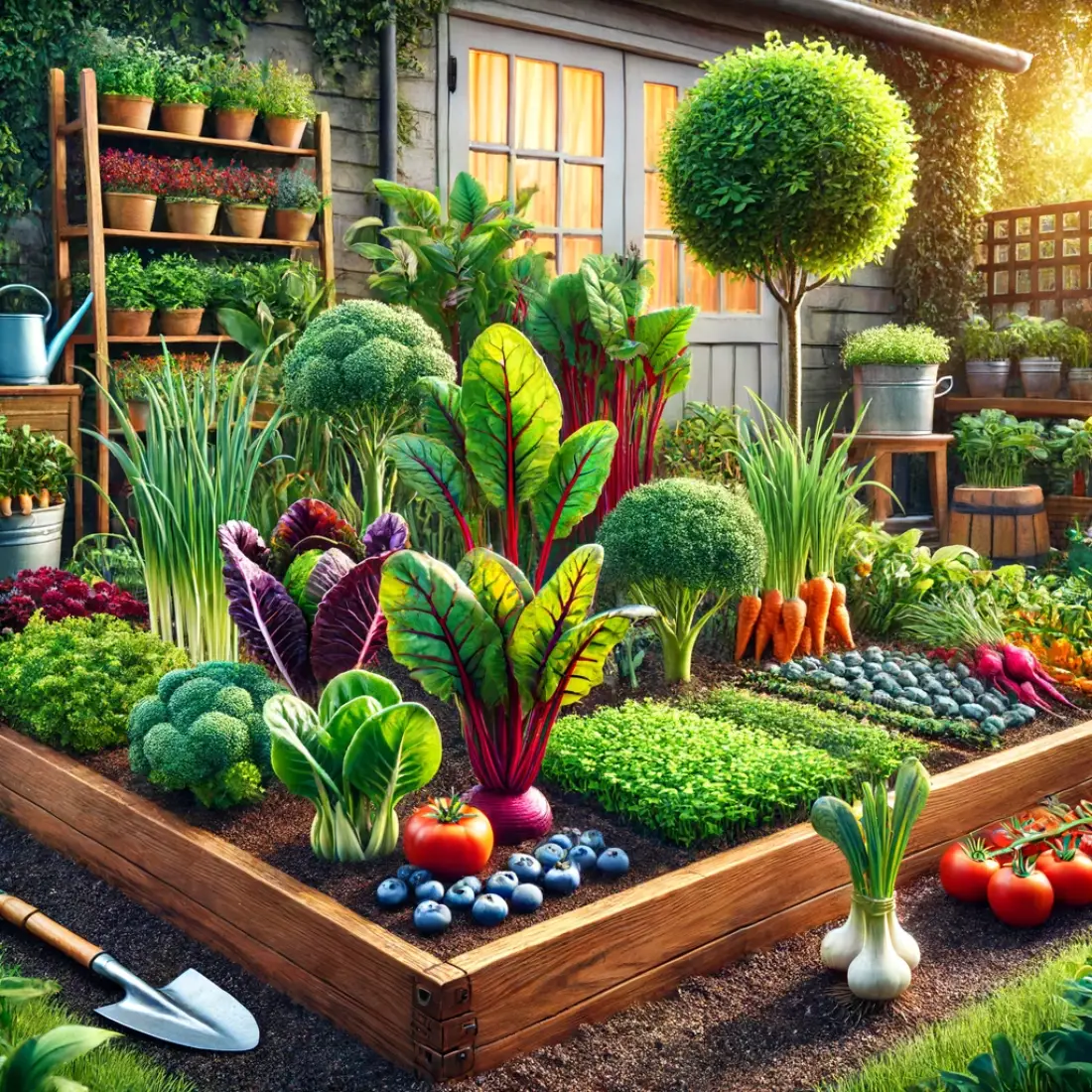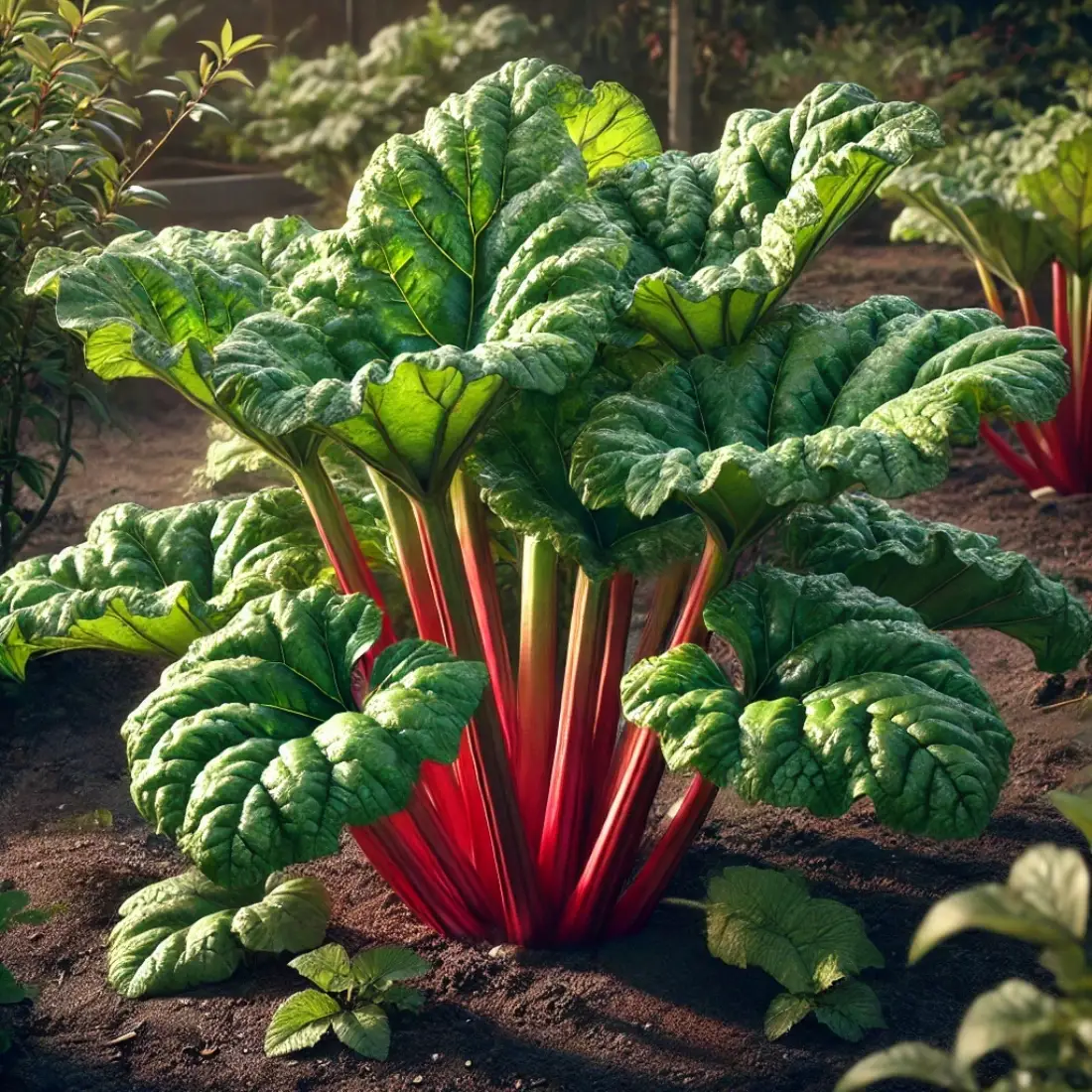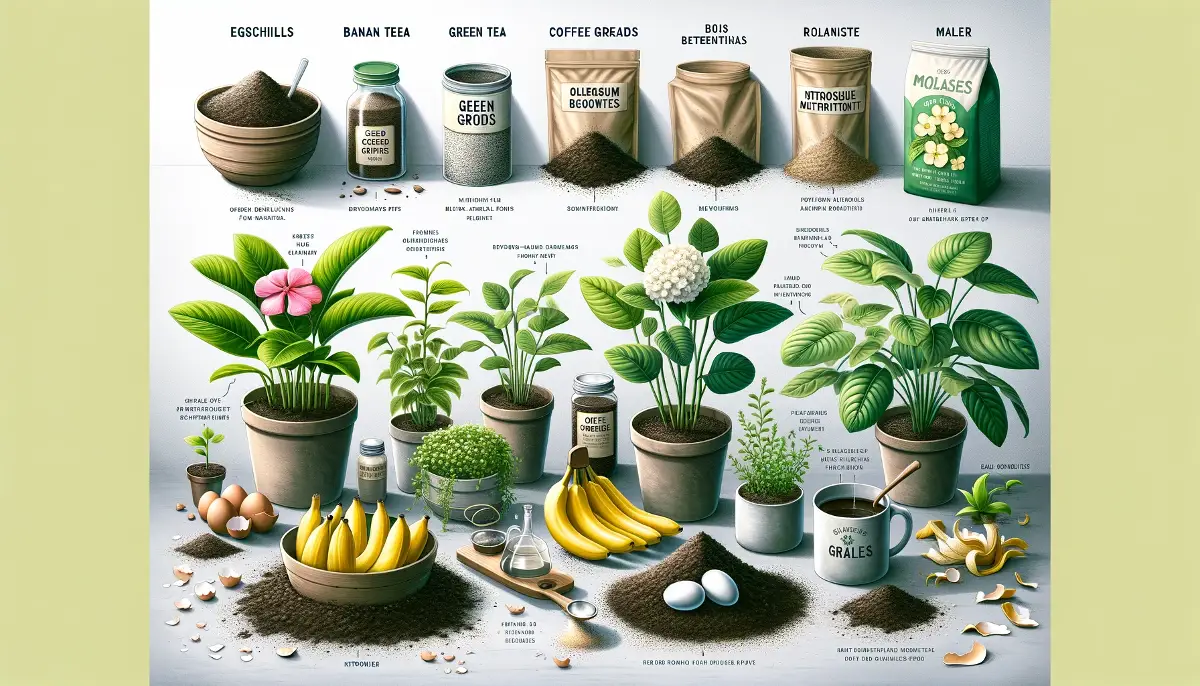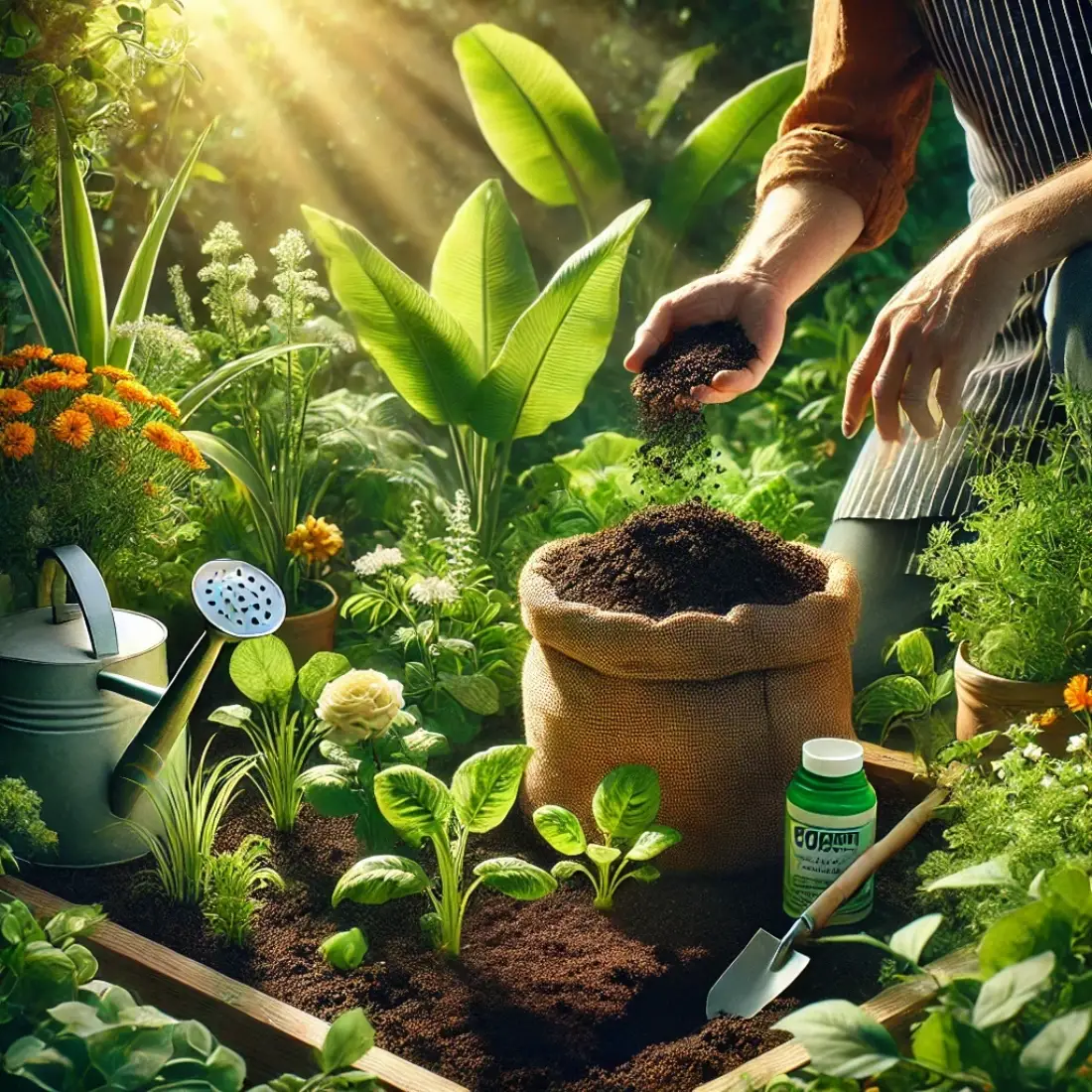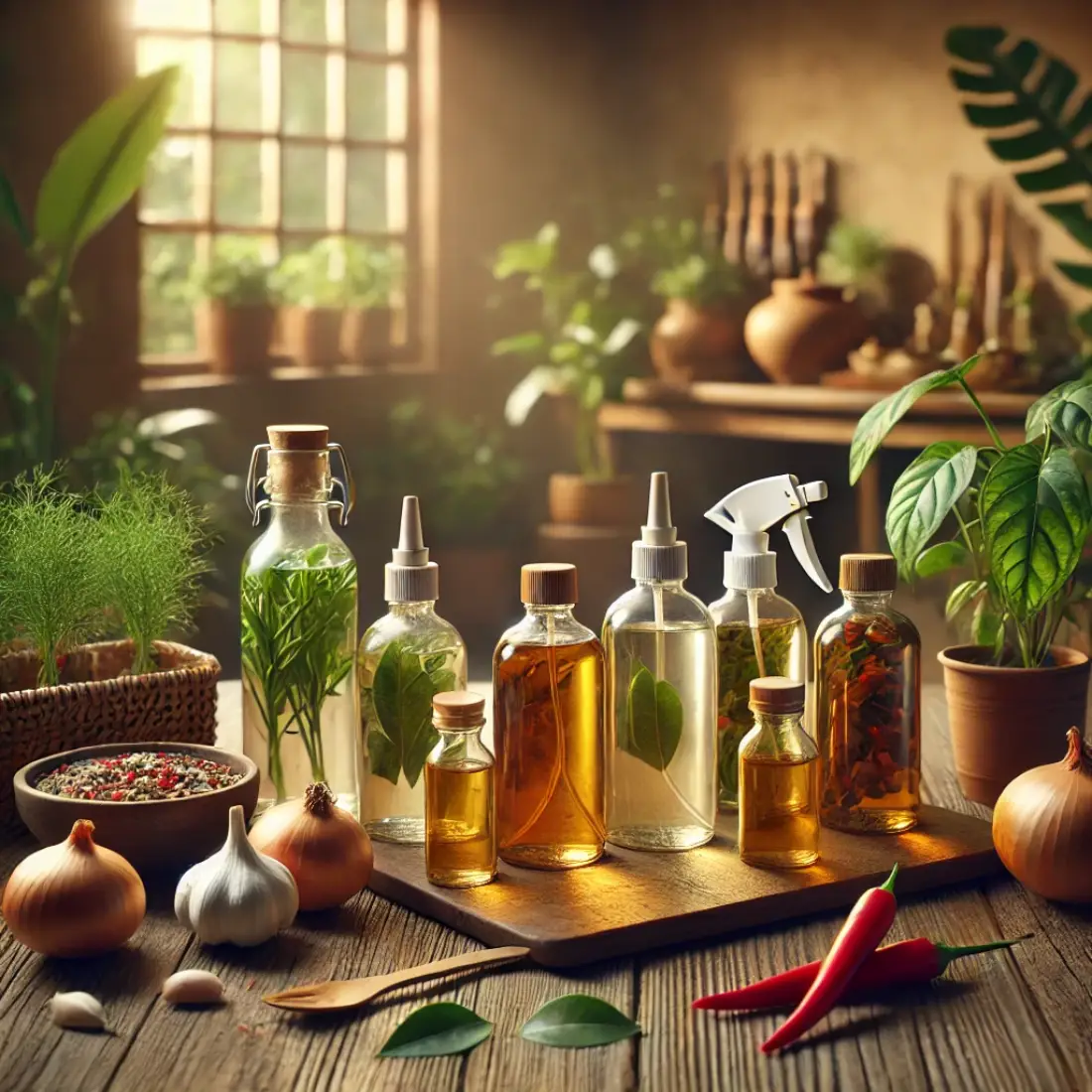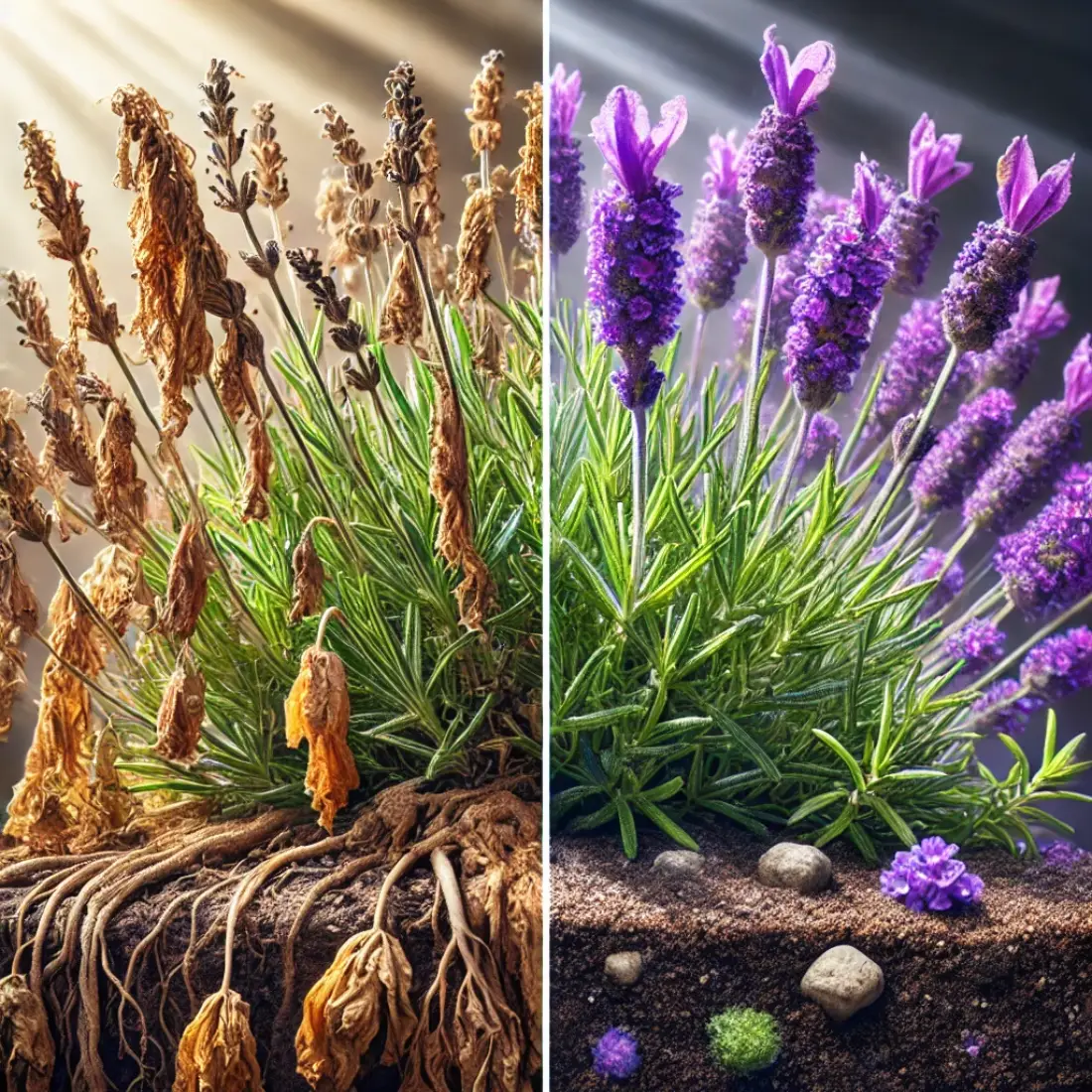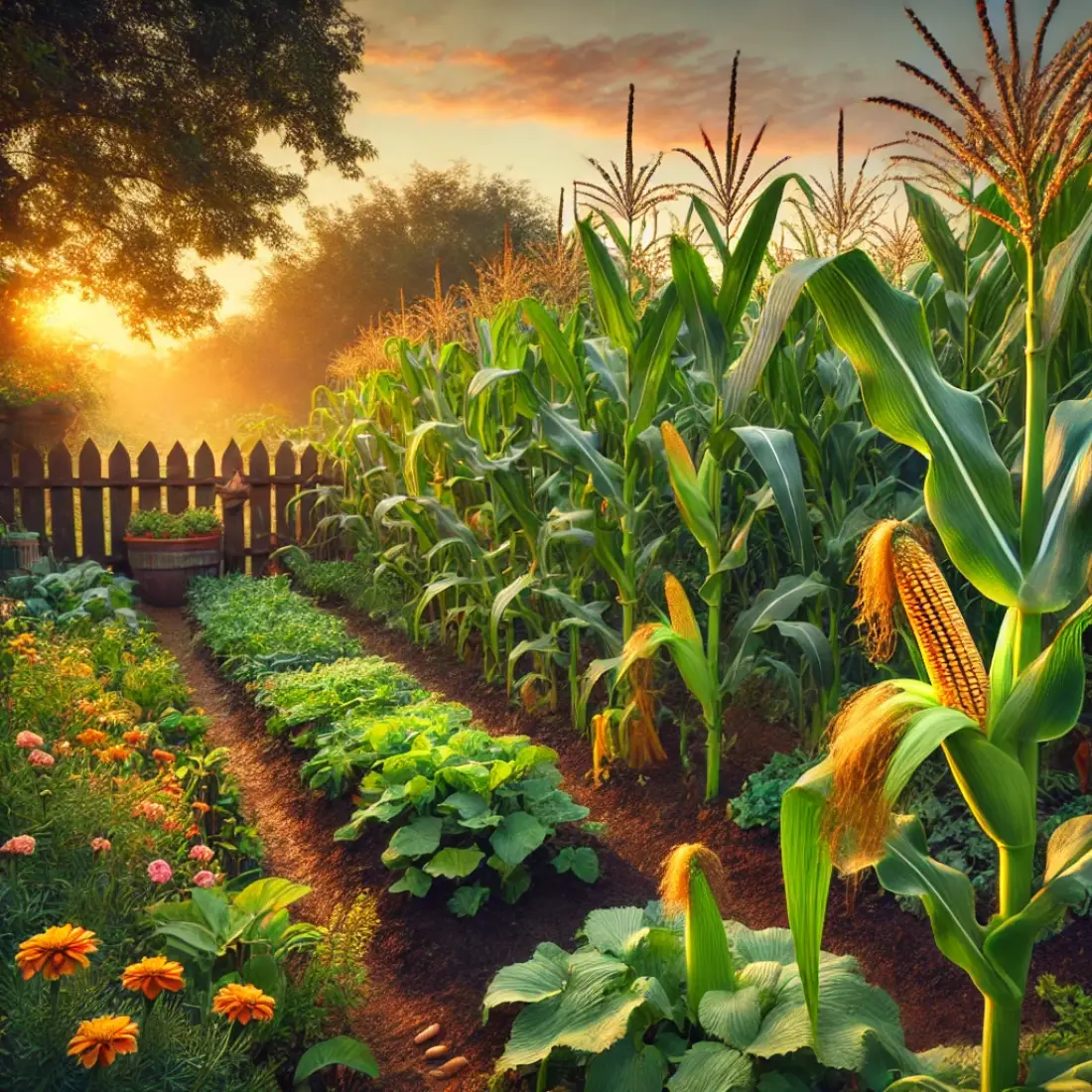Sprouts are young plants that are just beginning to grow from seeds. Often regarded as nutritional powerhouses, sprouts are packed with essential vitamins, minerals, and antioxidants. Their popularity has surged due to their high nutrient content and the ease with which they can be added to a variety of meals.
Historically, sprouts have been consumed for thousands of years, with origins tracing back to ancient China and India, where they were valued for their health benefits. Today, sprouts are a staple in many health-conscious diets, known for their potential to improve digestion, boost immunity, and even aid in weight loss.
- Sprouts are highly nutritious, offering a rich source of vitamins, minerals, and antioxidants.
- Consuming sprouts can improve digestion, support immunity, and aid in weight management.
- Different types of sprouts, like alfalfa, broccoli, and mung bean sprouts, provide unique health benefits.
- Growing sprouts at home is easy and cost-effective, requiring minimal equipment and space.
- Incorporating sprouts into your diet is simple, with options ranging from salads to smoothies.
Types of Sprouts and Their Benefits
Alfalfa Sprouts
Alfalfa sprouts are among the most popular types of sprouts, known for their mild flavor and crunchy texture. These sprouts are rich in vitamins A, C, and K, and contain a variety of minerals like calcium, magnesium, and iron.
Alfalfa sprouts are also high in phytoestrogens, which may help balance hormones and support bone health. Additionally, they are a great source of antioxidants, aiding in detoxification and reducing inflammation.
Broccoli Sprouts
Broccoli sprouts are often hailed as a superfood due to their potent health benefits. These sprouts are particularly high in sulforaphane, a compound with strong antioxidant and anti-inflammatory properties.
Research suggests that sulforaphane may help reduce the risk of certain cancers, support heart health, and improve brain function. Broccoli sprouts are also rich in vitamins C and A, which boost the immune system and promote healthy skin.
Mung Bean Sprouts
Mung bean sprouts are a staple in Asian cuisine, prized for their crisp texture and versatility in dishes. They are an excellent source of plant-based protein, making them a popular choice for vegetarians and vegans.
Mung bean sprouts are also high in fiber, which supports digestive health and helps regulate blood sugar levels. Additionally, they contain a good amount of vitamins C and K, which contribute to overall wellness.
Radish Sprouts
Radish sprouts are known for their spicy, peppery flavor, which adds a kick to salads, sandwiches, and other dishes. These sprouts are rich in vitamins A, B, C, E, and K, providing a broad spectrum of nutrients.
Radish sprouts are also high in anthocyanins, compounds that have been shown to have anti-inflammatory and anti-cancer properties. They are particularly beneficial for respiratory health, as they help clear mucus and support lung function.
Lentil Sprouts
Lentil sprouts are a protein powerhouse, making them an excellent addition to a vegetarian or vegan diet. These sprouts are also high in fiber, promoting healthy digestion and stabilizing blood sugar levels.
Lentil sprouts contain a good amount of iron, which is essential for energy production and preventing anemia. Additionally, they are rich in folate, a B-vitamin important for heart health and during pregnancy.
How to Grow Sprouts at Home
Essential Tools and Equipment
Growing sprouts at home is simple and requires minimal equipment. You’ll need a sprouting jar or a glass jar with a breathable lid, such as a mesh or cheesecloth secured with a rubber band.
Some people prefer using sprouting trays, especially if they’re growing multiple batches simultaneously. You’ll also need access to fresh, clean water, and of course, seeds specifically meant for sprouting, such as alfalfa, broccoli, or mung beans.
Step-by-Step Guide to Growing Sprouts
- Soak the Seeds: Start by placing 1-2 tablespoons of seeds in your sprouting jar. Add enough water to cover them by about two inches and let them soak for 6-12 hours, depending on the seed type.
- Drain and Rinse: After soaking, drain the water through the mesh lid and rinse the seeds thoroughly. Repeat the rinse and drain process twice a day to keep the seeds moist but not waterlogged.
- Sprout and Grow: Place the jar in a cool, dark place like a cupboard for the first few days, continuing the rinse and drain process. As the seeds begin to sprout, typically after 3-5 days, move the jar to a well-lit area (but not direct sunlight) to encourage the sprouts to green up.
- Harvest: Once the sprouts have grown to the desired length, usually within 4-7 days, give them a final rinse and drain thoroughly. Your sprouts are now ready to eat!
Keep everything clean to avoid contamination. Sterilize your equipment before starting, and ensure that the seeds you use are labeled for sprouting to reduce the risk of bacteria. If any sprouts have an off smell or slimy texture, discard them.
Incorporating Sprouts into Your Diet
Sprouts are incredibly versatile and can easily be added to a variety of dishes, boosting both flavor and nutrition.
Salads and Sandwiches: One of the simplest ways to enjoy sprouts is by tossing them into salads or layering them in sandwiches. Their crunchy texture and fresh taste complement greens, tomatoes, and avocado, adding a nutritional punch.
Stir-Fries and Soups: Mung bean or lentil sprouts work particularly well in stir-fries, where they can be lightly sautéed with vegetables and tofu. Sprouts can also be added to soups just before serving, preserving their crispness while enhancing the dish’s overall nutrient content.
Smoothies and Juices: For a nutrient boost, blend sprouts into your morning smoothie or juice. Broccoli or alfalfa sprouts mix well with fruits and leafy greens, providing an extra dose of vitamins and antioxidants.
Sprout Bowls: Create a vibrant sprout bowl by combining different types of sprouts with grains like quinoa or brown rice, a protein source like chickpeas or grilled chicken, and a drizzle of your favorite dressing.
FAQs About Sprouts
Are sprouts safe to eat raw?
Yes, but it’s important to ensure proper hygiene during sprouting to minimize the risk of foodborne illnesses. Always rinse them thoroughly and consider lightly cooking them if you’re concerned.
How long do sprouts last?
Fresh sprouts typically last 5-7 days in the refrigerator. Store them in an airtight container and rinse them daily to keep them fresh.
Can I grow sprouts without soil?
Yes, most sprouts are grown hydroponically, meaning they only require water. You can grow them in a jar or a sprouting tray without any soil.
Which sprouts are best for protein?
Lentil, chickpea, and mung bean sprouts are among the best for protein, making them ideal for vegetarians and vegans.
How much light do sprouts need?
Sprouts do not require direct sunlight. They grow well in low light conditions but can be moved to a brighter area to develop green leaves once they’ve started sprouting.
Can children eat sprouts?
Yes, sprouts can be a healthy addition to a child’s diet. However, it’s recommended to cook them lightly to ensure safety.
What’s the difference between sprouts and microgreens?
Sprouts are young plants just a few days old, while microgreens are harvested later, once the first true leaves develop. Microgreens are usually grown in soil and have a more intense flavor.
Why do my sprouts smell bad?
A bad smell usually indicates bacterial growth or spoilage. This can happen if the sprouts aren’t rinsed properly or if they’re stored in a too-warm environment. Discard any sprouts with an off smell.
How much water do I need to grow sprouts?
You only need enough water to soak the seeds initially, and then rinse them with fresh water twice daily. It’s important to drain them well after each rinse.
Can I sprout any type of seed?
Not all seeds are suitable for sprouting. Always use seeds labeled specifically for sprouting to ensure they’re safe and free from harmful chemicals.

